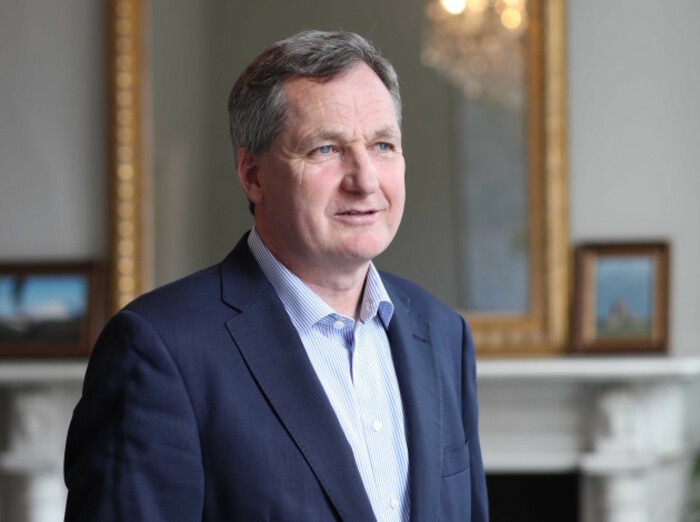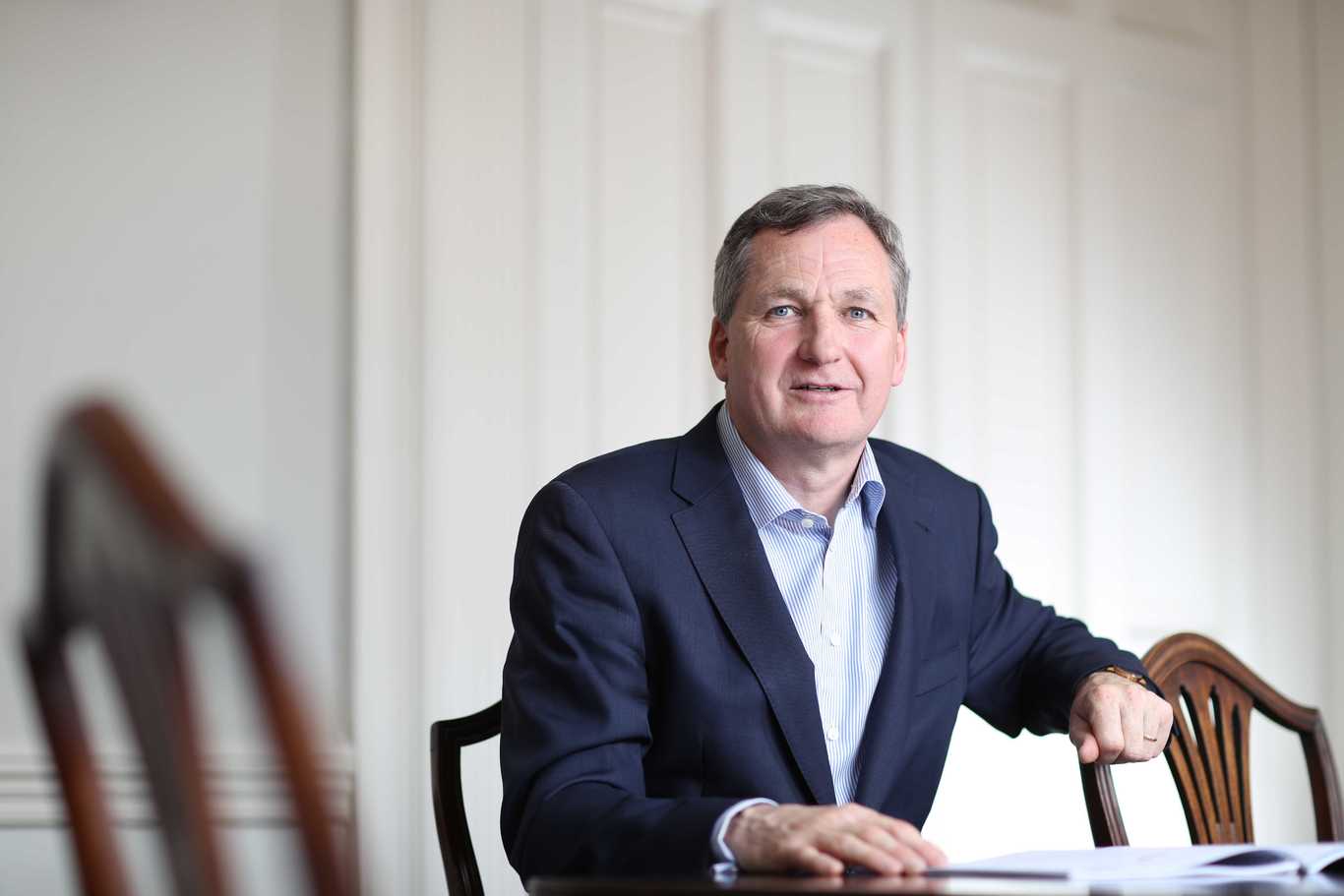'Curiosity has helped me stand out - I've worked since age 16 and I've had seven careers'
Open Orphan’s Cathal Friel also talks about the day that most shook his confidence.
CATHAL FRIEL SAYS his current job is the most exciting of his life – and that’s saying something.
The former financier and founder of Fastnet Oil & Gas, and later Amryt Pharma, has set his sights on the orphan drug sector and is now the chief executive of listed company Open Orphan.
With the US ahead of Europe in the arena of orphan drugs, Friel wants the company, which employs about 150 people, to be a European leader in the sector.
In our weekly question-and-answer series, we spoke to Friel about the magic of a good night’s sleep and the day that most shook his confidence.
Here’s what he had to say:
 Cathal Friel
Cathal Friel
What drives you to keep going?
Ambition, hunger and curiosity. What drives me at Open Orphan is the opportunity to grow this company into a really exciting, fast-growing European pharmaceutical services company.
You don’t get many chances in your life to do that, particularly based out of Ireland. I think it’s probably the most exciting job of my life.
What are the main principles that inform what you do?
Hunger, a bit of hard work, ambition and openness.
There’s some information you can’t share because it’s confidential, but I think everyone coming into work in the morning should know as much as the boss in most things.
Information is king, but information is a perishable good. If you don’t share it and use it it goes out of date.
Are you a specialist or a generalist?
I’m a generalist specialist. In finance, you’ve got to become almost an expert in a lot of different areas. I spent 12 years selling people’s companies as a corporate finance person.
I’ve sold a lot of media, radio stations, regional newspapers, technology companies, financial payments companies and even pharmaceutical companies.
During that process, as a financial advisor, you have to get to know the business really well and become an expert.
What’s the most important part of your daily routine?
Watching the money. Also, I get up and go for a walk every morning at six. That’s my time. Hail, rain or sleet, I go down to Dún Laoghaire west pier. That’s an unbreakable routine if I’m in Dublin.
If I’m travelling with work, I bring a pair of light plimsoles and the walk happens as well.
For the first half I listen to Spotify and when I turn at the end of the pier I listen to an audiobook – these days, it’s generally about clinical trials, drugs developments, the history of aspirin, the history of oncology.
How do you judge risk?
It all goes back to investors’ money. Risk is whatever will endanger that money. Anything that can turn €10 euro into €9, that’s risk.
What makes you feel under pressure and how do you deal with it?
Anything I’m not in control of. None of us the world round have control over everything – the way to deal with it is to minimise things that may get out of control.
My walk in the morning clears the head. That’s my me time, my re-set time.
One of the best ways of dealing with pressure and stress is a good night’s sleep. Some of the world’s biggest problems are much smaller when you sleep on them for a night.
What has shook your confidence and how did you get past it?
One of the best jobs I ever got, I joined a stockbrokers in June 2001. I couldn’t believe they made me a director. Less than three months in I was watching the TV – every stockbroker has a TV in the corner, usually tuned to the news – I’ll never forget seeing the planes going into the Twin Towers.
We’d only been set up the previous year, we were only getting going. Three hours later we had a board meeting to consider halving the staff – the world we then knew was going to change drastically. Luckily, the CEO said let’s wait and see a couple of months.
What book would you recommended the most?
Thank You For Being Late. I think everyone in the world should read the first three quarters of that book. It’s by Tom Friedman. The first three-quarters is all about what’s happening in our world, the last 25% he gets too folksy. He doesn’t offer real solutions.
How do you judge success?
How much money I can make for investors.
What quality has helped you stand out?
Curiosity. I’m 54, I’ve been working since I was 16, and I’ve had seven completely different careers.
Get our Daily Briefing with the morning’s most important headlines for innovative Irish businesses.







